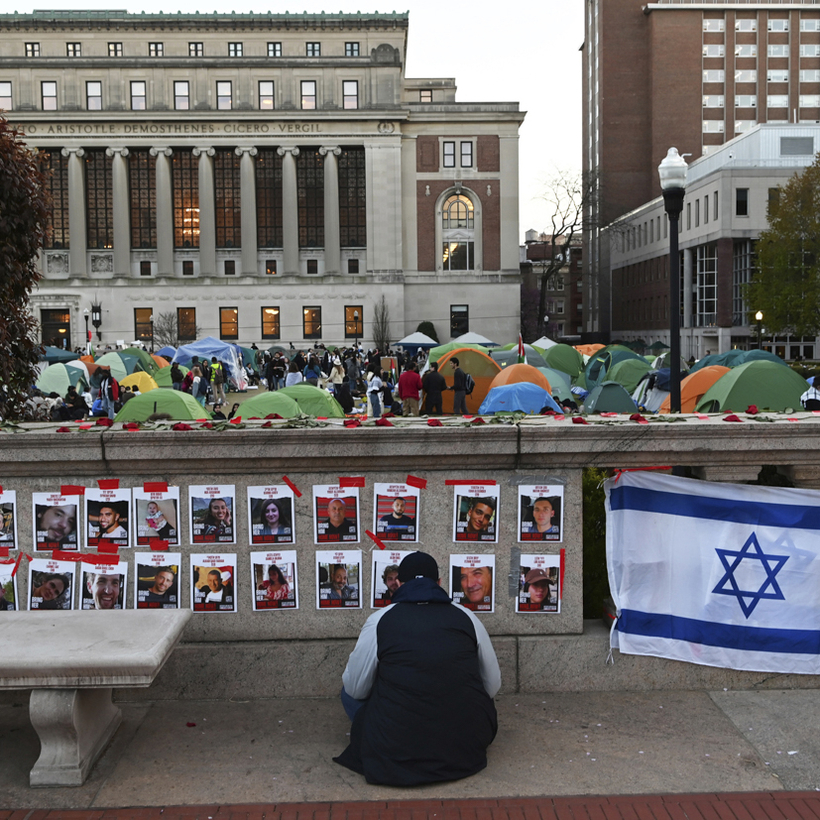For weeks, Columbia University is roiled by claims of a hostile environment for Jewish students. Others counter that accusations of anti-Semitism are being used to shut down pro-Palestinian speech. Politicians weigh in. The university president is assailed for mishandling the situation.
The year is not 2024 but 20 years ago, and the drama is known as the “Columbia Unbecoming” controversy, after the name of a 20-minute documentary detailing accusations of bias, bigotry, and abusive conduct toward Jewish students by several faculty members. The dramas, separated by two decades, are not just similar in their outlines but feature some of the same principals.

